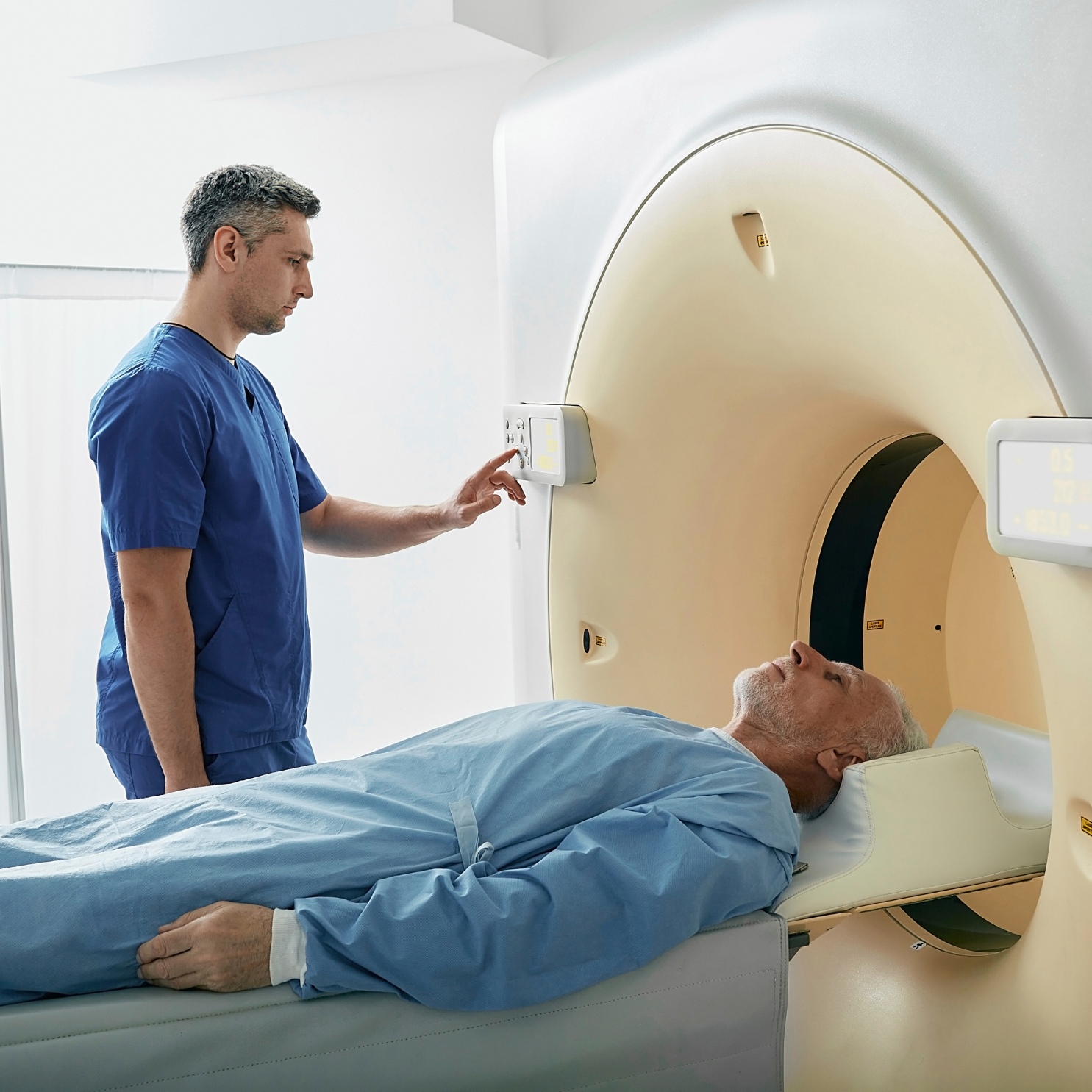Lung cancer is the second most common form of cancer in the United States, with approximately 125,000 lives estimated to be lost this year. Because its symptoms are commonly associated with so many other conditions, like a cough and chest pain, lung cancer can be hard to diagnose.
At CTVS, we are proponents of early screening for lung cancer, especially if you have certain risk factors such as being a smoker or having a family history, and our team of thoracic surgeons are experts in the surgical treatment of lung cancer if you are ever diagnosed.
The American Cancer Society (ACS) recently updated its guidelines to recommend more people become eligible for regular screenings which experts say are the key to early detection of tumors, swifter treatment, and more favorable outcomes.
What is the new ACS screening recommendation?
The updated guidelines recommend annual lung cancer screenings for people ages 50 to 80 years old who smoke or previously smoked and had a 20-pack per year history.
How does it differ from the 2021 U.S. Preventive Services Task Force (USPSTF) lung cancer screening recommendation?
This new ACS recommendation forgoes the USPSTF suggestion that those who have quit within the past 15 years be screened in lieu of anyone who has smoked more than 20 packs per year be screened no matter how long ago or recently you quit.
This new guideline from the ACS was prompted by data that showed cases of cancer being detected late were on the rise among those who had smoked as long as 15 years ago. Under the past guidelines, it was estimated that 14 million people were eligible for screening, and now the hope is that this new recommendation will cast a wider net and make it available to an additional five million others who may be at risk.
Currently, the most effective form of screening for lung cancer is done via CT scan.
How is lung cancer treated?
Our thoracic surgeons stress that early detection and action is so important, and if diagnosed with lung cancer, CTVS offers minimally-invasive and robotic-assisted surgical procedures to remove the dangerous nodules and tumors. In some cases, radiation or chemotherapy may also be necessary following surgery to ensure the best recovery. More about our approach to the surgical treatment of lung cancer can be found here.
For questions about any of our vascular, cardiac, or thoracic services, please visit ctvstexas.com or call us at (512) 459-8753 to schedule an appointment.
Don’t forget to follow us on Facebook and Instagram and check our blog for regular updates.

